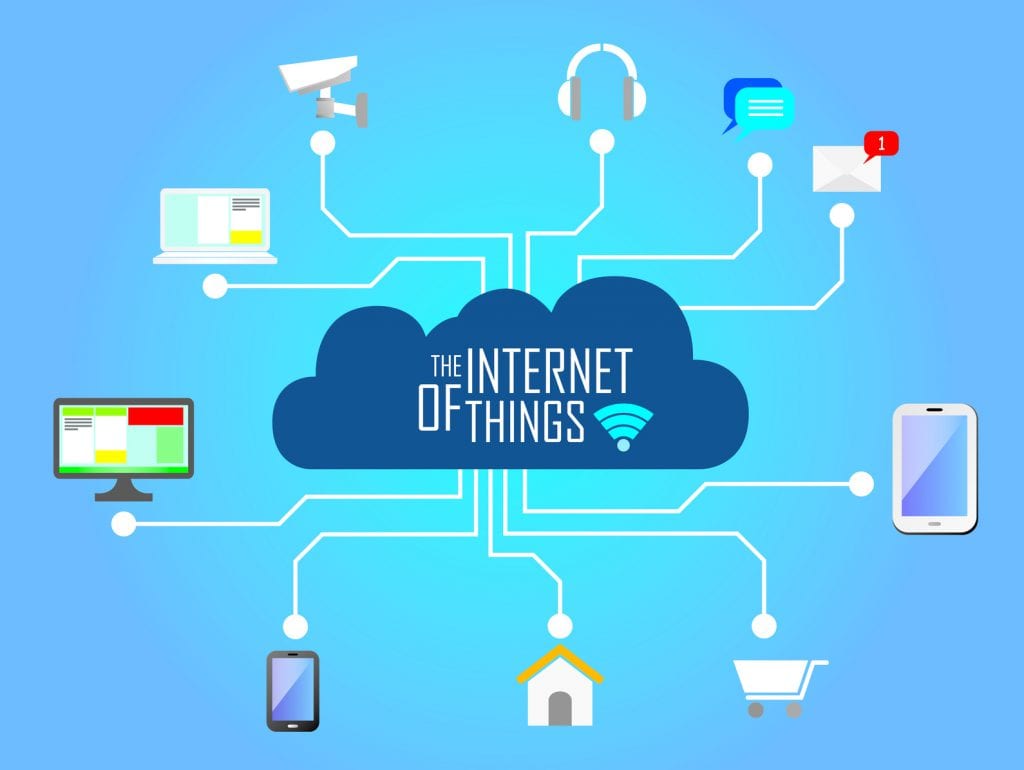The story in ATM Marketplace, “WillUK banks break the ATM LINK?,” describes how some banks nowhave eliminated surcharge-free ATM access for low-balance checkingaccounts. In the UK, every bank customer was able to access any ATMfor free using LINK, which is a simple cooperative agreementbetween banks. That cooperation just came to an end and it’s allabout operational costs associated with providing ATM access.
As of 2010 there were nearly 8.5 million basicbank accounts under management by 16 banks across Britain, all ofthem allowing free access to any ATM by any cardholding customer.But that changed in 2011.
Late in that year, the Royal Bank of Scotland and Lloyds TSB toldbasic accountholders (with the exception of certain “grandfathered”customers) that they would no longer be allowed to use ATMsoperated by an independent bank or third party.
Why would the banks be so callous? Well, it’s about the costassociated with enabling that free ATM access!
The banks have said that restricting ATM accessand reducing interchange fees has been necessary in order toprevent cross-subsidization of basic accounts, which they said costthem £10-£12 ($16-$19).
This withdrawal from LINK by major banks may be sufficient todestroy the economics that makes LINK possible, since now fewerbanks end up covering all the costs, which would end freenationwide ATM access in the UK.
It is obvious that convenient ATM access is a critical need for theunbanked and underserved, but such access can’t be legislated ifthat legislation fails to address the very real costs associatedwith ATMs. At some level, a low-balance account becomesunprofitable. To provide financial services further down marketdemands the costs of providing the service be reduced and todayATMs are by far the most expensive component of providing PrepaidFinancial Services. While surcharge-free ATM networks have thelargest footprints in low and moderate income neighborhoods, theyare by far the most expensive to operate.
So legislation that requires free ATM access will almost assuredlyforce prepaid providers to do exactly what banks have done -identify minimum requirements for prepaid card holders to assureATM costs can be recovered. If so, then ATM legislation will onceagain eliminate financial services to those that need it most:consumers with low and moderate income.
